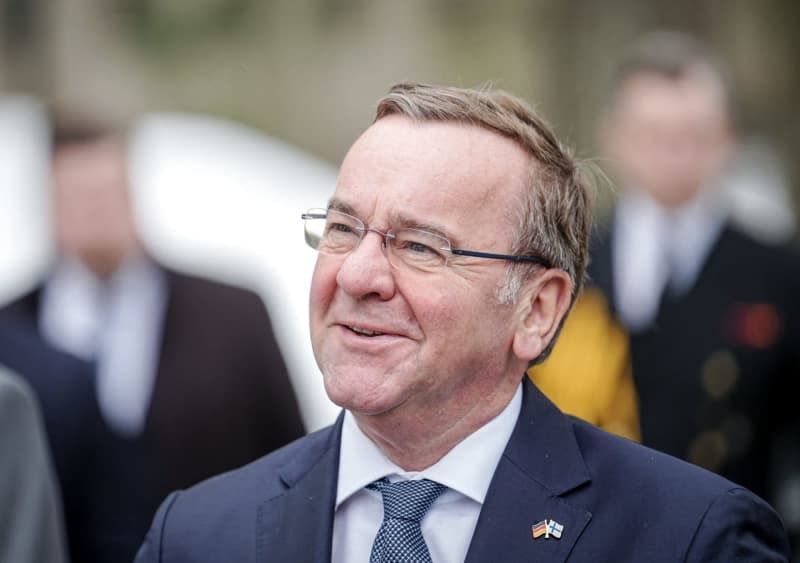German defence minister wants to improve protections for civilians

- Oops!Something went wrong.Please try again later.
Germany must provide greater protection for its civilian population, Defence Minister Boris Pistorius said on Friday during a visit to Finland's civil protection facilities.
This must be tackled quickly because civil defence, or the protection of the population "is always the flip side of a military threat and defence capability," Pistorius said in Helsinki at a meeting with Finnish Defence Minister Antti Häkkänen.
He then visited the Merihaka civil defence facility in the Finnish capital. The facility is used as a sports centre in peacetime, but it has bunker facilities for 900,000 people.
In contrast, Germany has never had bunker sites for all its inhabitants and, since the end of the Cold War, has sold off the existing state-owned facilities or allowed some of them to fall into disrepair.
Even during the Cold War, Germany only had bunker sites for 10% of the population, said Pistorius. The topic will be discussed in the federal Cabinet.
He said he was impressed by the Scandinavian approach of absolute, comprehensive defence and the high level of approval in the countries for a defence that does not come across as militaristic or alarmist.
"Russia is a long-term threat," said Häkkänen, referring to Russia's war against Ukraine. "And we see that they are getting more support from partners and allies. They are supported by other totalitarian states."
Finland was admitted to NATO in April 2023. The country, which for decades maintained its neutrality, decided to join the alliance in the wake of Russia's war against Ukraine.
Finland has around 5.5 million inhabitants and a 1,340 kilometre-long border with Russia.
Sweden, which also had pursued neutrality for years, was admitted to NATO on Thursday.
The Baltic Sea is now completely surrounded by NATO states - with the exception of the coast of the Russian exclave of Kaliningrad, located between Lithuania and Poland.

